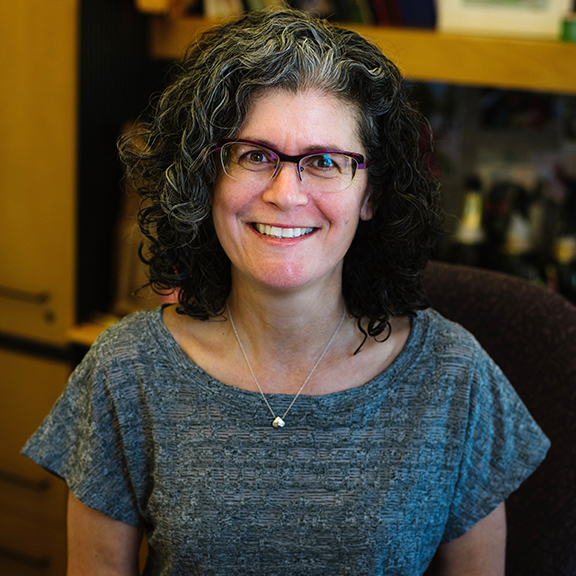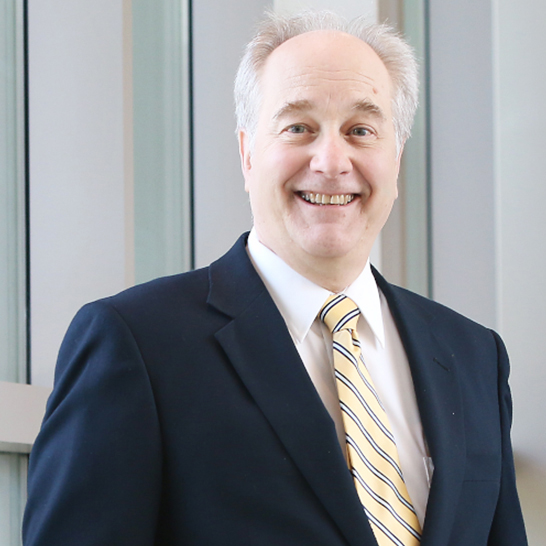In this food-centric TWiM, we reveal the microbiomes of carnivorous vulture bees and of Gala apples from all over the world.
On this episode of TWiM, how phages prevent other phages from invading their hosts without blocking their own reproduction, and plastic-degrading potential of microbes across the Earth.
TWiM explores whether ‘rewilding’ is a way to get back our missing gut microbes, and failure of bacteriophage therapy due to the production of neutralizing antibodies.
In this episode, how polysaccharides keep cyanobacteria afloat in the oceans so that they can carry out photosynthesis, and a symbiotic bacterium that protects honey bees from fungal infections.
Foodie TWiM reveals that bacteria in human saliva are major components of Ecuadorian indigenous beers, and an unusual E. coli that produces atypical light cream-colored colonies in chromogenic agar.
TWiM continues its food arc with an examination of the effect of peroxyacetic acid spray on the microbiome and sensory properties of beef, and explores asymmetry of the cell division machinery during sporulation.
TWiM reveals the microbiome of sourdough starter cultures, and discovery of a novel family of prokaryotic nanocompartments involved in the metabolism of sulfur.
TWiM explains how Vibrio biofilms are dispersed by polyamine signals, and the induction of inappetence by respiratory virus infection which causes alteration of the gut microbiome.
The TWiM team reviews how variants of P. aeruginosa survive antimicrobial treatment, and a decrease in the antimicrobial resistance of the gut microbiome in the presence of the fungus C. albicans.
Elio reveals his thoughts on the big themes of modern microbiology, followed by an analysis of the gut microbiome in patients with Parkinson’s disease.




